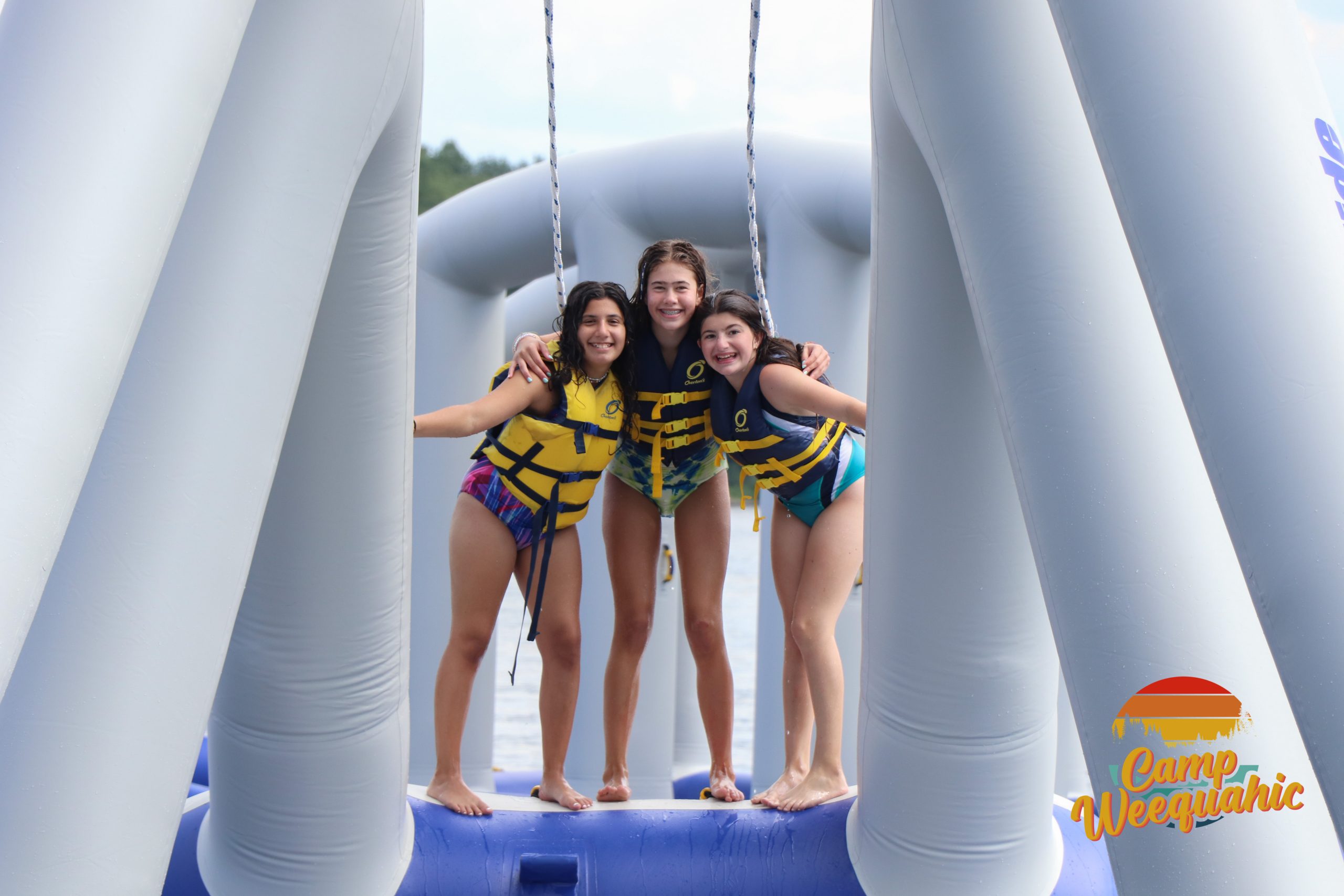Short. Tall. Different hues. Long Hair. Short. Glasses. Braces. Both. Neither.
We all look different. And, depending on your own personal background and experiences, you’ll most likely look at someone and make an initial judgement.
This will depend on a lot of things: what you’ve experienced in the past with someone dressed the same or looking similar or what you’ve been taught or what you believe.
But there are always surprises. For example, I’m typing this on an airplane. A man in the ‘first class’ section of the plane just stood up. He had glasses, a fancy coat and briefcase in his hand. Business man, right? Well… I thought he same until I saw his ‘shoes’ – each toe had its own little sleeve but yet they looked like loafers.
There HAS to be more to this guy than the first glance would tell you. And that goes for all of us.
More About You
When we view someone (or something) else, the idea we create of that person (or thing) tells you more about yourself than about that which you are actually viewing.
We get used to people looking at us. In fact, a lot of time, we dress or act or accessorize ourselves in a way to tell a story. We want to come across as someone is a ‘part of the group’ or someone who wants to disappear.
Some people’s genetics make them a lot taller than most of their fellow humans. Others have genetics that make them much shorter. I passed two people who fit each description on the way to my airline gate and caught myself looking a little too much at both.
They are used to it, I thought. Then I realized this: I don’t know what they are used to. I don’t know a darn-thing about them. I’ve got this idea in my head about who they are or what they feel or thing but that’s just it – an idea. Simply put, I was seeing my idea of them rather than who they actually were.
Tattoo Bob & Wrong Impressions
How often do we do this – make quick assumptions about the person and what think or feel or dream about, what they’d say or do in different situations.
When Kate and I first worked at camp, a huge truck pulled up late one night, shining its (many) lights into the office. I was the only one in there at the time. This HUGE figure stepped out. I’m talking like ‘The Rock’ big. Tattoos up and down his arms and neck, crew cut, enormous boots and ripped jeans. While my protective instincts marshalled, I also knew I was wayyyy out-matched if things went sideways.
“You must be Cole,” this mountain of a man said as he stuck out his hand. “I’m Sgt. Bob, your new security man. Pleased to finally meet you in person.”
Phew. I had a few ideas in my head. To realize none were about to come true was a relief. Tattoo Bob worked with us for many summers and was a great guy! In fact, he even serves as our ‘night nurse’ on more than one occasion as he was also the head of the local EMTs.
Questions for You
Who do you see that you THINK you know a lot about but really don’t know a thing. Here’s an even easier question: do you know the name of the person who serves your food at lunch or cleans the classroom? How much will it change your life if you did?
My mother made sure my brother and I did. Mr. Frank worked at our school driving buses and cleaning the classrooms for years. Mr. Bridges (who we used to call Mr. ‘Britches’) is still working at my old school.
Several years ago, a group of my friends and I bumped into Mr. Frank at the local Waffle House. We had a great time reconnecting… and were shocked that he knew not only our names but asked about our parents, made comments about where we had gone to college and that he was proud that we’d all grown into good young men.
…
It’s hard to describe what meant to us at the time. It definitely changed the complexion of the night. This man, who had served our food at lunch, drove us safely on the bus, and made sure our school was always ready for our learning, really knew us. Even more, he was proud of us.
He said that us 25 years ago and I still remember. Let me tell you… it meant a lot to me.
Get to know the people in the small world around you, kiddos. You’ll be pleasantly surprised at the result. Have a great weekend!



